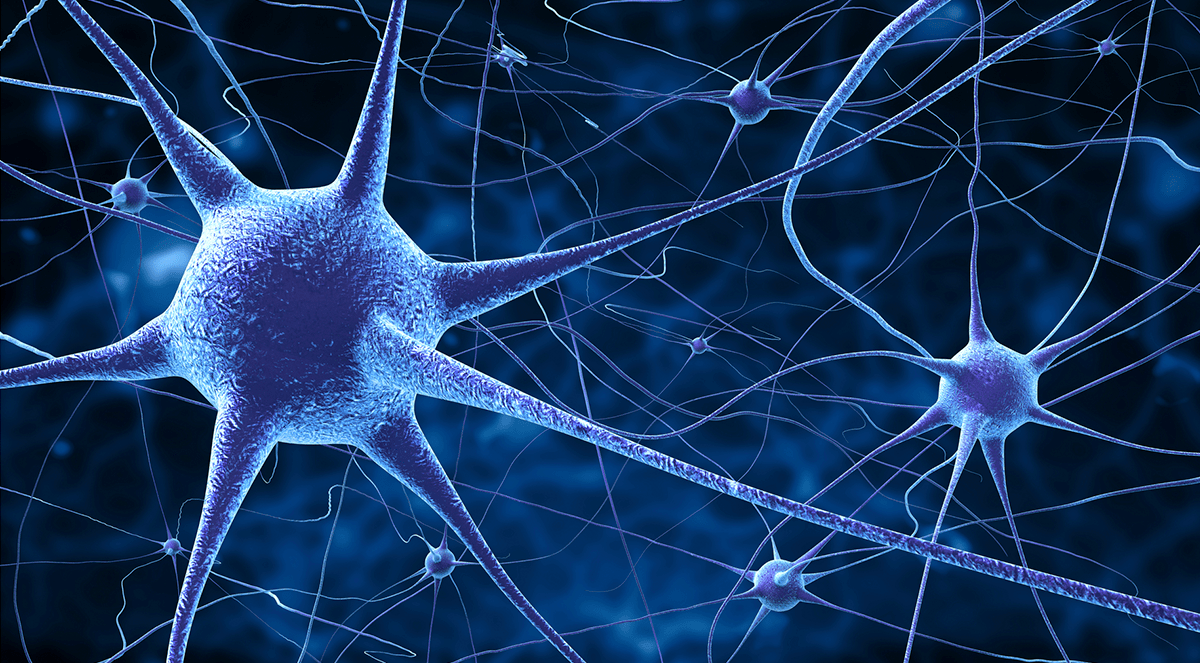Parkinson’s disease (PD) is one of the most common neurodegenerative diseases. This study aims to screen specific modules and key genes related to PD.
Gene expression profile data GSE6613 and GSE22491 were downloaded from the Gene Expression Omnibus database. The significantly differentially expressed genes (DEGs) in different datasets were screened, followed by gene ontology (GO) function and Kyoto Encyclopedia of Genes and Genomes (KEGG) pathway analysis. The Weighted Gene Co-expression Network Analysis (WGCNA) was used to screen disease-related modules that are significantly stable across datasets. The protein-protein interaction network was constructed using the DEGs in the stable module obtained and preservation modules. Finally, the hub genes directly related to PD were screened.
A total of 179 DEGs with the same significant difference direction were screened. The enrichment analysis of GO and KEGG pathways showed that 20 significantly related GO biological processes and 9 KEGG signaling pathways were screened. A total of three highly conservative modules were detected in the WGCNA network. Finally, three significant PD-related KEGG pathways screened from the Comparative Toxicogenomics Database were identified, including neuroactive ligand-receptor interaction (CRHR2, CTSG, GRIN1, GRIN2D, LPAR4 and P2RX3), amyotrophic lateral sclerosis (BCL2, GRIN1 and GRIN2D) and alcoholism (CAMKK2, GRIN1, GRIN2D and SLC18A2). Key genes, such as SLC18A2, GRIN1 and GRIN2D, may be potential candidate genes for PD progression.
Our findings indicate that SLC18A2, GRIN1 and GRIN2D may play an important role in the pathogenesis of PD.
Copyright © 2021 Wolters Kluwer Health | Lippincott Williams & Wilkins.
Weighted gene co-expression network analysis identifies specific modules and hub genes related to Parkinson’s disease.


